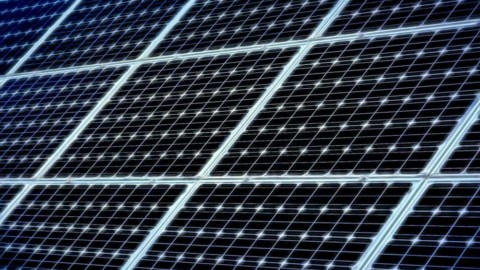The Australian Energy Regulator (AER) has released a stakeholder information paper on gas pipelines and prices amid an uncertain gas market.
The Regulating gas pipelines under uncertainty information paper examines the factors causing downward pressure on domestic gas demand in Australia’s eastern states, and options to manage the potential pricing risks for current and future gas consumers.
AER Chair, Clare Savage, described the paper as a catalyst for engagement with industry and other stakeholders to understand how regulation can keep up with the pace of change and ultimately protect consumers.
“It’s a timely information paper as the decarbonisation of Australia’s energy market ramps up,” Ms Savage said.
“Stranded asset risk is looming as the biggest threat to the gas industry.
“Gas network businesses invest in assets with fixed costs that last into the next century.
“Maintaining those assets with a potentially smaller consumer base requires new thinking on efficient network investment and how to manage the price impact on consumers and intergenerational equity.
“The purpose of our information paper is to look beyond the horizon to the future and begin asking the tough questions around price stability, affordability and future investment in gas pipelines, and how we might respond to that from a regulation standpoint.
“One of the variables is the viability of renewable hydrogen as a cost-effective alternative to natural gas.
“This has implications for the future utilisation and regulation of gas infrastructure.
“It is not about jumping to answers or solutions at this stage, but it is important that we do not sit idle to what’s going on and start a discussion on addressing the risks.”
The information paper delves into factors that are likely to decrease local demand for natural gas in the medium to long term, including government decarbonisation policies, increased competitiveness of electricity as a substitute for natural gas, improvements in energy efficiency, and growing investment in renewable energy.
It introduces options that may address the pricing risks for consumers and stranded asset risks for gas network businesses, opening the door for industry discussions on ideas such as adjusting depreciation, revaluing assets, sharing costs, and other options that were previously suggested by stakeholders.
“I commend this information paper as a starting point of a wider ongoing discussion on how we may navigate through the uncertainties and the transformation of the industry to a low carbon future,” Ms Savage said.
Stakeholders are encouraged to consider the analysis and issues set out in the information paper and provide their views in the AER’s access arrangement review processes, with respect to the specific circumstances of the relevant regulated gas network business.
In an access arrangement review, the AER sets the amount of revenue that a gas network business can recover over a five-year period from its customers using its pipelines.
The Victorian gas transmission and distribution access arrangement reviews will commence in December 2021 and July 2022, respectively.
















